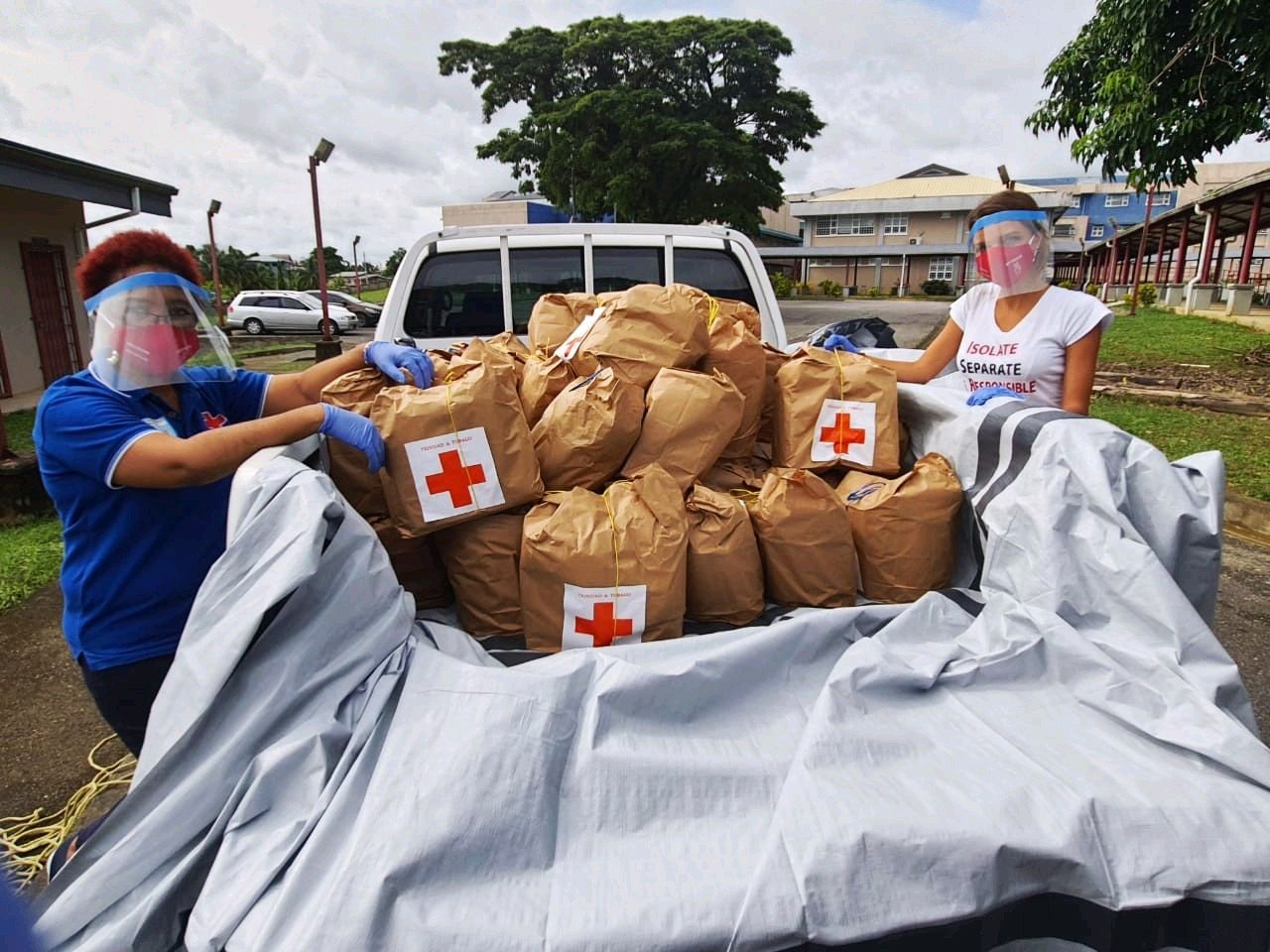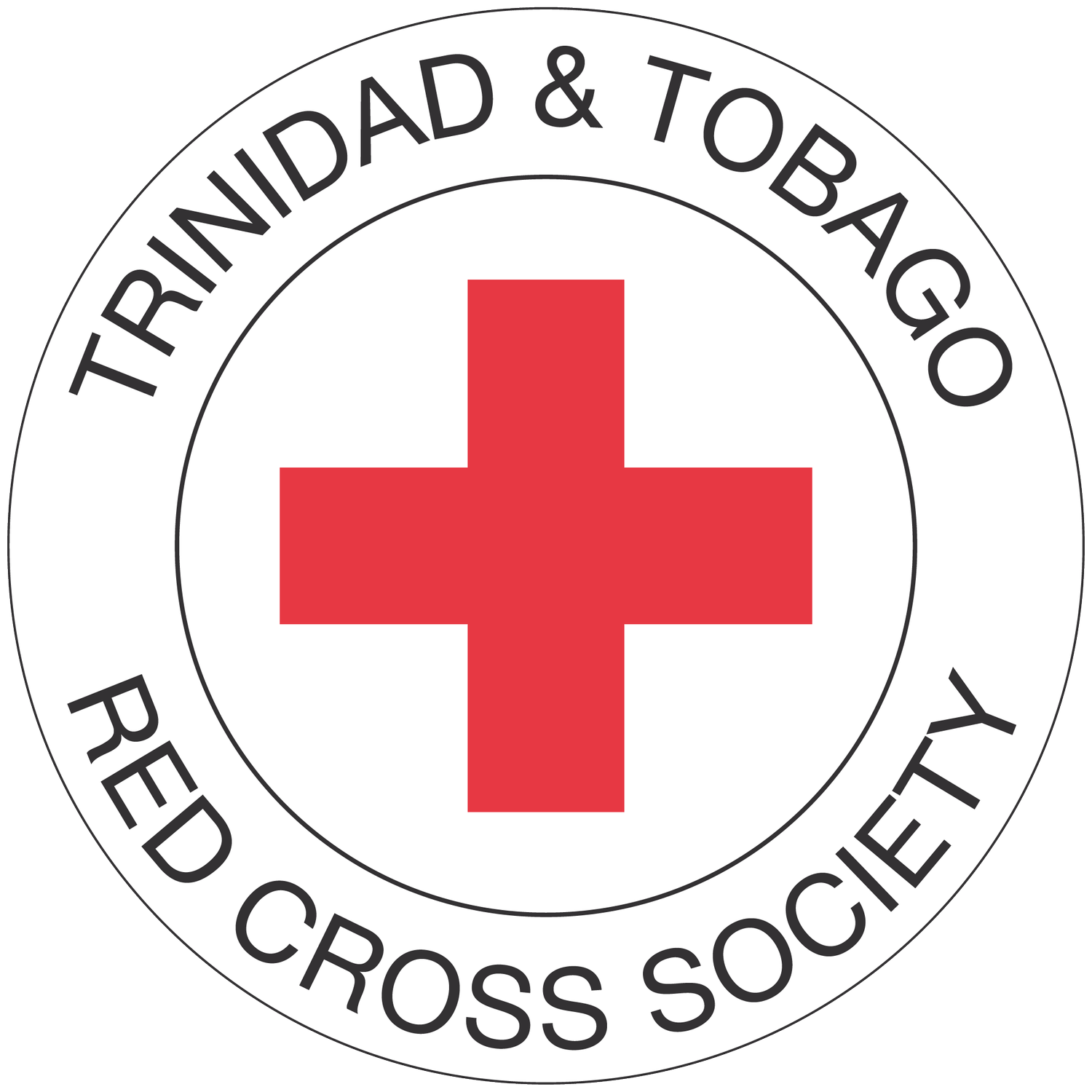
Bringing Support to All
The Trinidad and Tobago Red Cross Society (TTRCS) was founded on 12 July 1939 as a Branch of the British Red Cross Society.
The TTRCS is an auxiliary in the humanitarian field to the Government of the Republic of Trinidad & Tobago. As a non-profit humanitarian organization, the TTRCS focuses our resources on providing communities with disaster preparedness and quality health programmes designed to empower the most vulnerable in our society. We are one National Society, comprised of a Headquarters and three Branches situated in Port-of-Spain, San Fernando and Scarborough, Tobago.
-
The Trinidad & Tobago Red Cross Society has its headquarters in Port of Spain, with branches in the North and South of the island of Trinidad and one branch on the island of Tobago. Following the attainment of independence in 1962, the TTRCS became an Independent Society by Act No. 15 of 1963. On August 8, 1963, the TTRCS became part of the International Committee of the Red Cross and the International Federation of Red Cross and Red Crescent Societies. The Constitution of the Trinidad and Tobago Red Cross Society is based on the Geneva Conventions of 1949 and their additional Protocols of 1977 and the Fundamental Principles of the Red Cross Red Crescent.
-
The Trinidad and Tobago Red Cross Society's duty is to carry out humanitarian efforts that impact and protect vulnerable communities and save lives.
-
We will create a nation where present and future generations are empowered, resilient and self-reliant.
-
To mobilize the power of humanity through volunteerism and by being a beacon of hope that supports and connects people to regain control of their lives.
-
The Trinidad and Tobago Red Cross is controlled and administered by a Governing Council which represents the National Society as a whole. The Governing Council has thirty-six members, some appointed and some elected. There is an Executive Committee which is responsible for governing the Trinidad and Tobago Red Cross Society between sessions of the Governing Council. The current Executive Committee is led by President Ms Jill De Bourg.
HUMANITARIAN SERVICES
The Humanitarian Services Unit encompasses programmes that are developed and designed to build the capacity and resilience of communities across Trinidad & Tobago to be prepared for and to mitigate against potential risks that may impact their ability to cope. The programme areas are:
Crisis Management: Disaster Management, Migration, Climate Change, Livelihood and Food Security
Environment: Energy & Climate Mitigation, Community Based Climate Change, Risk Reduction & Adaptation & Resilience, Environmental Education, Ecosystem Based Livelihood Community Empowerment, Sustainable Circular Economy
Health: Henry Dunant Clinic, Mental Health & Well Being, Integrated Community Based Health
Youth Humanitarians & Sustainability Champions: Youth Links, Trailblazers, Community Champions
ORGANIZATION SUPPORT
Support services are very important for running an efficient organization and executing our core programmes or functions that generates revenue.
Communication
Digital Transformation
Human Resources
Finance
Information Technology
BUSINESS SERVICES
The activities/programmes aligned to the business services unit are revenue generating in nature to meet operational costs and allow us to continue supporting the implementation of our mandate. The arm of the organization operates to ensure that the sustainability of the organization is embedded beyond the acquisition of grants.
Training: First Aid & CPR, Wilderness & Remote, Psychological First Aid, Corporate Resilience Training
Ambulance Service
Red Corner Kuisine
